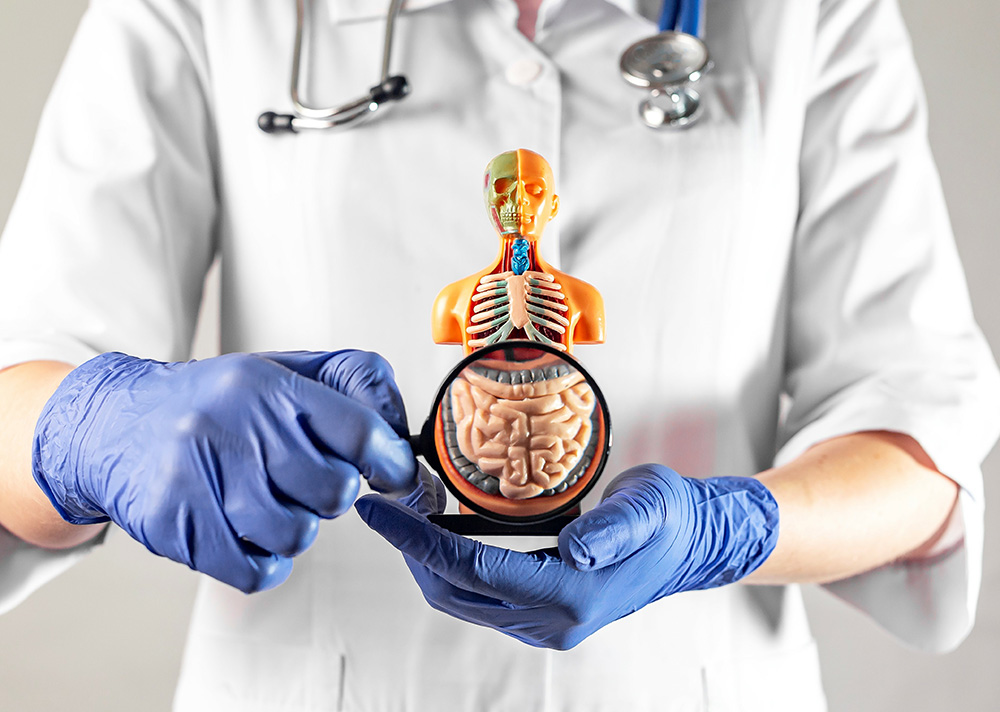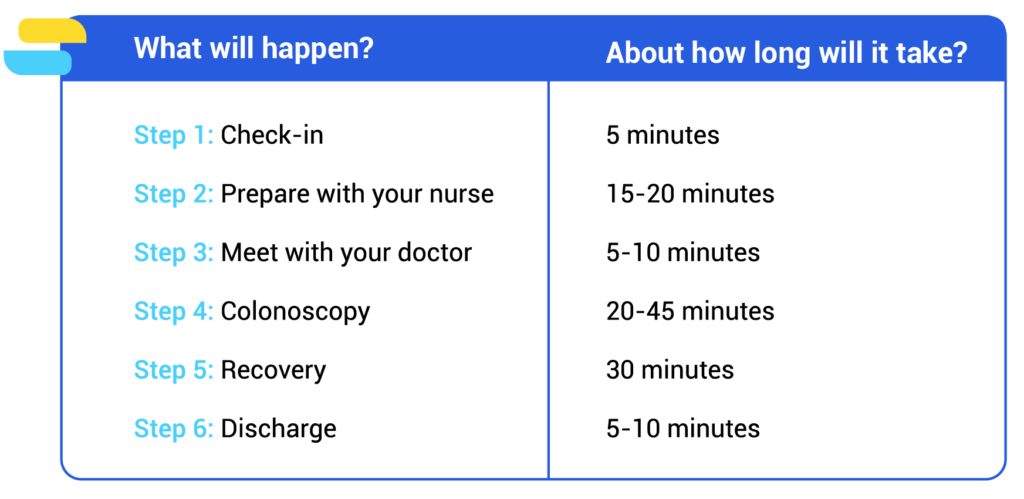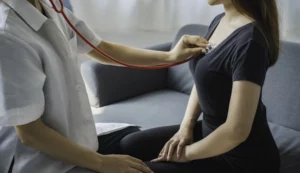At DFW Family Clinic, we truly believe that preventative care is the best approach to healthcare. Aside from your everyday lifestyle decisions, a big component of preventative health care is getting the screenings necessary to ensure that your health is in good condition. Although there are different ways for your healthcare provider to check the status of your health, colonoscopies are one of them. If your doctor has recently told you that you need a colonoscopy, then you probably want to know more about the procedure, including how long it takes. The short answer is that colonoscopies take about 30-60 minutes. That being said, you should know a little more about what colonoscopies are and what to expect before your procedure begins.
What Is a Colonoscopy?
A colonoscopy is a procedure in which a doctor uses a scope to look inside your rectum and colon. Colonoscopies are a great tool for discovering the cause of symptoms (such as changes in bowel activity or pain in your abdomen), but also for screening for diseases before you show any symptoms, such as Crohn’s Disease.
One of the main health complications that a colonoscopy can screen for is colon cancer. This is super important, as colon cancer can be treated and managed easier when it’s caught early and hasn’t yet spread beyond the intestine. If it’s diagnosed before it spreads to other organs, then it can usually be removed with a colonoscopy. This can potentially help you avoid chemotherapy, radiation, and other treatments. Since the risk increases with age, many doctors recommend getting screened starting at the age of 50, but you can always start earlier.
How Long Does a Colonoscopy Take?
As mentioned, the colonoscopy should only take 30-60 minutes, but you’ll also need to leave extra time for the preparation and recovery. Although many people get nervous about getting their first colonoscopy, the process is simple and straightforward.
Before the procedure begins, you’ll need to prepare with your nurse. During this time, you’ll put on a hospital gown and your nurse will review your medical history and any other relevant information (such as current medications). Your nurse will then give you a sedative. When your doctor comes to the room, they will start the procedure. At this time, a scope will be inserted and small puffs of air will help expand the colon so that the scope can move. As the scope is being withdrawn, your doctor will examine the lining of the large intestine for any abnormalities. If any are identified, they’ll take small samples to analyze them. If they notice any polyps, then they will try to remove them during this time.
The recovery is not a long or painful process, rather the time that you need to recover from the sedative. During this time, your nurse will check in on how you’re feeling and explain the results of your colonoscopy. To get a better understanding of how long a colonoscopy takes, check out the image below.
What Your Results Mean
Negative Results:
If your results are negative, it means that no abnormalities were found. Based on this information, your doctor will recommend how long you should wait until your next colonoscopy. If you are at an average risk for colon cancer, they may suggest getting it every 10 years. If you’re at a higher risk, they will likely give you a different timeline.
Positive Results:
If your doctor discovers any polyps or other abnormalities, then that means that your results were positive. If any polyps were removed during the procedure, they’ll be sent to a laboratory to determine if they’re cancerous. If there were any abnormalities that could not be removed, another colonoscopy or surgery may need to be performed.
Depending on your risk factor and what your doctor finds, your doctor will then recommend the next time that you should come in for a colonoscopy.
How to Get Scheduled for a Colonoscopy at DFW Family Clinic
Your providers at DFW Family Clinic will evaluate whether you meet the criteria for getting a colonoscopy, then refer you to a GI specialist so that you can schedule your appointment. For those worried about an upcoming colonoscopy, the best way to feel confident in the procedure is to know what to expect. If you still have questions, please feel free to reach out to us








